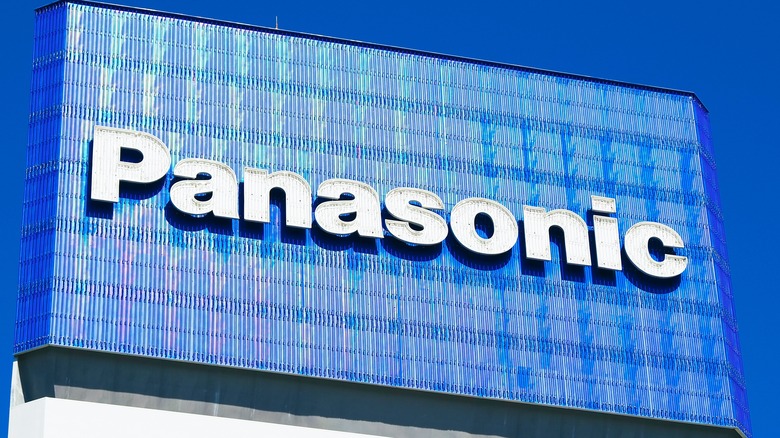Panasonic's Powdered-Battery Tech Could Ease EV Range Anxiety, Speed Up Charge Times
Panasonic, the company that makes electric vehicle batteries for automakers like Tesla, has teamed up with Sila Nanotechnologies, a company based in California, to start producing silicon-based anodes for EV batteries. Currently, almost every EV uses a graphite-based anode and lithium batteries. Panasonic is trying to make the batteries 25 percent more efficient by density by 2031.
Using its new silicon-based battery architecture, EV batteries with Sila and Panasonic's technology could reportedly have a range of upwards of 500 miles and take as short as 10 minutes to charge, according to a report by Wired. Of course, there are always grounds to be skeptical when hearing about new and seemingly groundbreaking technology, especially in the EV industry where making lofty claims and failing or underperforming on the actual delivery is almost par for the course. Still, Sila has managed to get Mercedes-Benz onboard with silicon-based batteries, as the new 2025 G-Glass EV will reportedly use the technology.
Silicon-based future
Sila is calling it "Titan Silicon." To Wired, Gene Berdichevsky said: "Titan Silicon is a nanocomposite material. It's like raisin bread, where the raisins are the silicon, and there's the squishy matrix around the raisins with a big outer rind on the particle itself. The rind holds the space, and the bread moves aside when the raisins expand. The scaffold is not holding the silicon—it's accommodating the expansion."
According to Panasonic, silicon-based batteries will allow upwards of 10 times the capacity of older lithium- and graphite-based batteries. If that comes to fruition anytime soon (and that's a big "if"), it can potentially change how EVs are perceived, driven, and charged.
Currently, there are no concrete plans as to where or when this technology will hit the mainstream, aside from the upcoming Mercedes G-Class. However, in a press release, Panasonic says it's focusing its efforts on North America for EV battery production.

